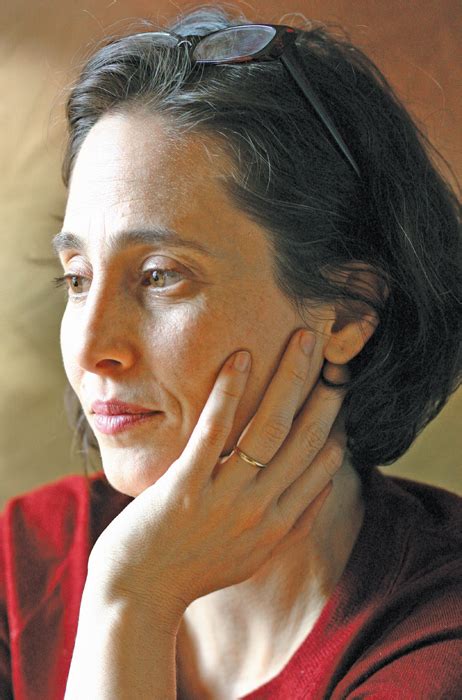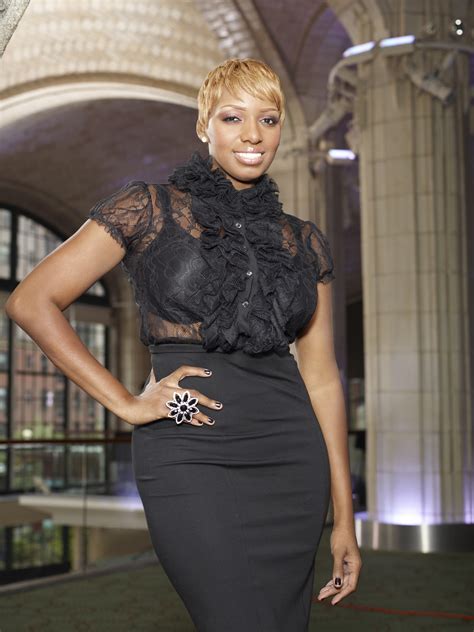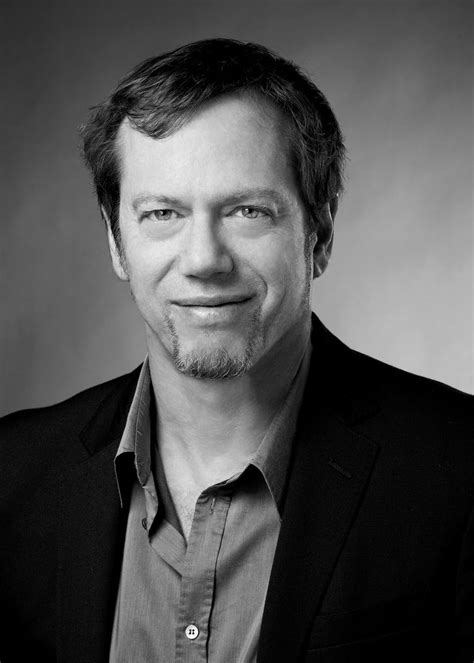A Quote by Rachel Zucker
I am interested in the movement of my own thoughts and in trying make the poems feel more accurate to experience, including the experience of thinking.
Related Quotes
There are definitely connections between poems, but I wanted each to stand on its own. I guess it goes back to the idea of trying to zoom in and out, and to modulate, so there are different ways of looking at any experience for the reader. Even having short poems and long poems - there has to be some kind of variation in the experience of reading as a whole.
[W]hen you're shooting a doc, you're trying to class it up because you can. You know, you're trying to make this feel like cinematic experience. And when you're doing fiction you're trying to do the opposite thing you're trying to take this very artificial experience this very artificial experience and make it feel real and visceral.
Words are merely utterances: noises that stand for feelings, thoughts, and experience. They are symbols. Signs. Insignias. They are not Truth. They are not the real thing. In fact, you place so little value on experience that when what your experience of God differs from what you've heard of God, you automatically discard the experience and own the words, when it should be just the other way around.
I was always worried about the dishonesty and meretriciousness that often accompanies ego. So I tried to make the memoir as factual and accurate and as unemotional as I could, and let readers make their own judgments on what happened. And, in fact, that's how I write poetry. I'm trying to present the reader with the experience itself, not with my commentary on it. So I adopted a style that I'd hoped would let me accomplish that.
By inner experience I understand that which one usually calls mystical experience: the states of ecstasy, of rapture, at least of meditated emotion. But I am thinking less of confessional experience, to which one has had to adhere up to now, that of an experience laid bare, free of ties, even of an origin, of any confession whatever. This is why I don't like the word mystical.
The New Yorker has always dealt with experience not by trying to understand it but by prescribing the attitude to be adopted toward it. This makes it possible to feel intelligent without thinking, and it is a way of making everything tolerable, for the assumption of a suitable attitude toward experience can give one the illusion of having dealt with it adequately.
A poem is like a person. The more you know someone, the more you realize there is always something more to know and understand. A final understanding could probably only begin upon permanent separation, or death. This is why we come back to certain poems, as we do to places or people, to experience and re-experience, to see ourselves for who we truly are, and to continue to be changed.
It's true, there aren't many explicit references to Canada in my book. And not many explicit references to the U.S., either. I try to fill my poems with enough real, observed detail that the poems create a believable world - but I don't write poems for the sake of telling my own story. My life is not important or interesting enough to warrant that kind of documentary. Instead I try to use my experience as a way of understanding situations that are common to many people. I want readers to project their own lives onto my poems.







































